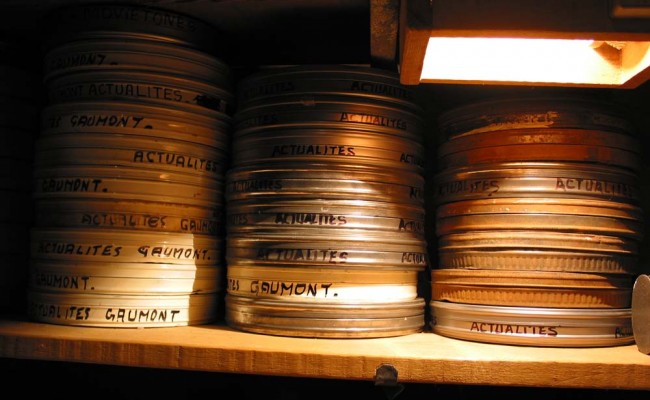When I was about ten, my parents held a strange gathering of adults where they turned off all the lights and played loud music. (Why was it so dark? Didn’t they want to be able to see?) Apparently, this was called a party. As the adults performed this ritual in the dark, I was allowed to watch movies in the study in the far wing of the house.
In the 1980s, Saturday night movies were a staple, and one of the stations was showing two vampire films: The Return of Count Yorga, followed by Zoltan: Hound of Dracula. In the days before VHS and DVD, one couldn’t control one’s film history in the same way. Count Yorga and Zoltan just happened to be on TV that night.
My memory of the films is fragmentary: a character running down a corridor and attempting to open inexplicably locked doors as Count Yorga’s female minions pursued him. (Why were the doors locked?) The hound Zoltan using his jaws to pull a stake from a body, thus bringing a man back to life.
Not only was I afraid, I was thrilled.
I must have watched a great many films from childhood to my teenage years (that phase when each of us becomes aware that we have particular tastes). Like many children, I devoured whatever was put in front of me, in film as in food. I didn’t distinguish between genres or styles. One moment I would watch cartoons, the next a Dickens adaption. Films, like books, were one great and undifferentiated experience.
Why then do I recall these films – especially particular scenes – and not others?
What interests me is the way that each of us has our own irreproducible personal history. I suspect that Count Yorga and Zoltan are without a great deal of artistic merit. But I had never seen anything like them, and I was at a stage where their (probably fairly hackneyed) techniques seemed strokes of original genius. In other words, I saw them at precisely the right time for them to have an impact upon me. A few years earlier and I may have turned them off in fear. A few years later and I may have laughed at them.
Are our tastes constructed by encounters such as these? Or are our tastes already formed so that we connect and recall particular films but not others? Did Count Yorga and Zoltan instil in me a predilection for the creepy and horrific or did I already have that predilection which I in some sense ‘sought out’ through the films? Or did my later interests retrospectively reconfigure my memories so that these two movies came to the forefront?
Certainly, I went through various temporary enthusiasms. Most clearly, I loved the adventure narratives of Spielberg and Lucas, finding myself, as with many of that generation, collecting Star Wars toys and briefly hoping to become an archaeologist like Indiana Jones. But there were other genres – in film and television (also undifferentiated, as I experienced them both on TV) – that profoundly affected me. A TV adaptation of Brideshead Revisited, some Roman epics, the Russian version of War and Peace, Bill Collins’ classic films (which included Alfred Hitchcock’s terrifying The Birds). At one point, I saw Planet of the Apes and for many years remembered only the opening and closing scenes – scenes that unnerved me utterly.
Does my recollection indicate that I was already on the path to working in literary speculative fiction – science fiction, fantasy, horror, the surreal – or did they push me onto that path?
There is a social and political aspect to our film-viewing histories. Though there is an element of contingency in the fact that two vampire films were shown that night, it’s not the case that simply any film could have been scheduled. Saturday television is the province of commercial scheduling. We are usually subjected to relentless productions of blockbuster action movies, saccharine romantic comedies or – someone shoot us, please! – variety shows. We don’t expect to see Jean-Luc Godard’s 1970s Maoist experimental films for a middle-Australian family night-in with soft drink and popcorn (though isn’t it a great idea?). Television and cinema are structured fields: scheduling decisions are subject to commercial and political forces, as is film production itself. When we watch films as children, such is the hidden context of our viewing.
But, of course, our tastes are constructed by factors beyond the happenstance of our youthful viewing. As children, we absorb values from our parents (and broader society). Later, we can more consciously accept or reject some and choose others to complement the ones we keep.
The night of the party, I was still too young to sort out these questions for myself but I was already surely absorbing some ideas from left-wing parents. I still value the thrill of disturbance – the locked doors of Yorga’s mansion, the reanimation of the dead body in Zoltan. But there are other elements – including the ability of a work to say something about our social relations (to be ‘about something’) that in some important sense I’ve chosen for myself.



